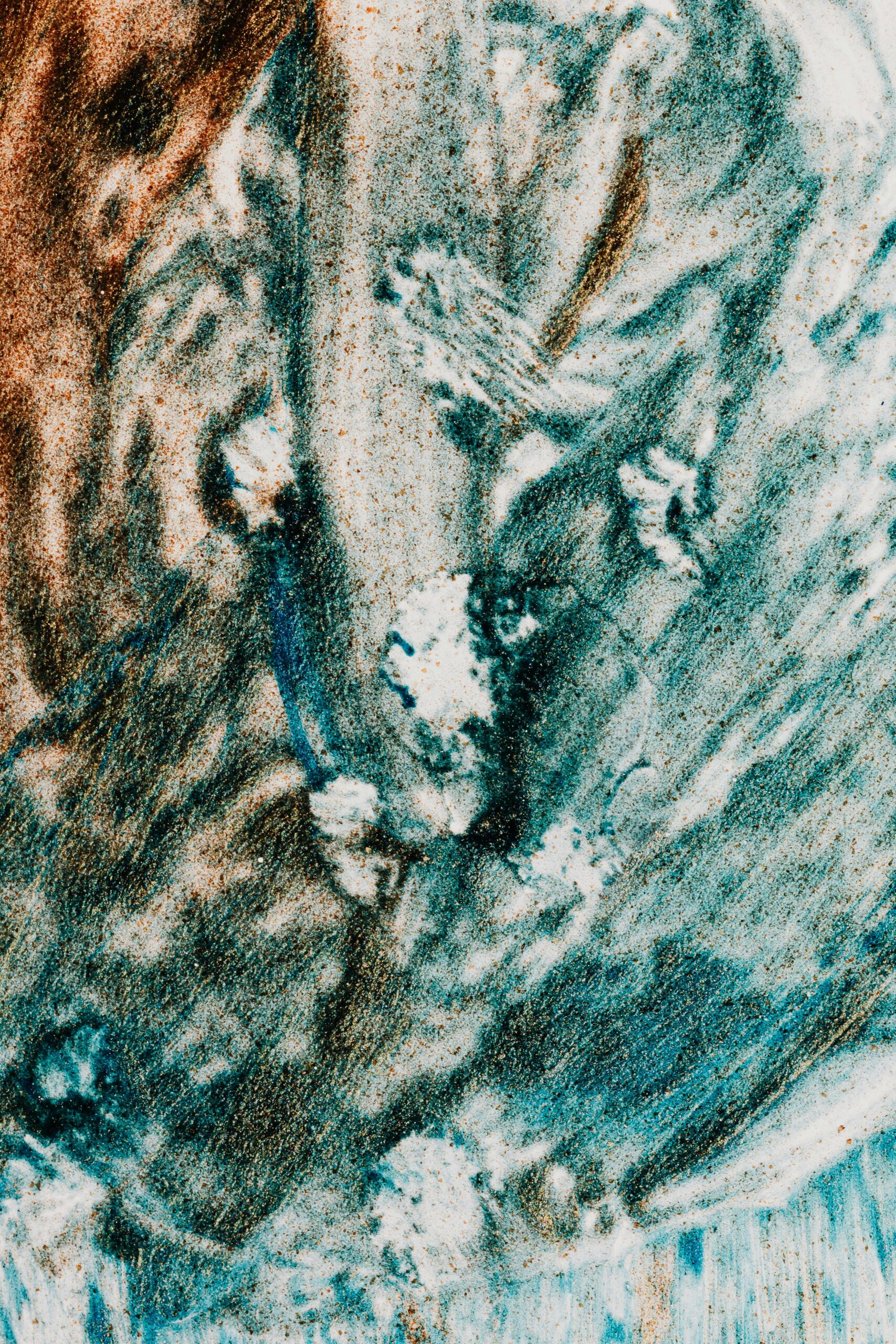I don’t know what childhoods are supposed to smell like. Mine smells sharp and clean, like chlorine pool water.
I race from the gates of Beldih down the long and dusty driveway to the pool side. My shoes pick up gravelly dust from the road which transfers onto the wet tiles of locker rooms. The floor is a maze of snake-like trails, stamped by dirty shoes, where patches of white gleam through. I wriggle into a turquoise swimsuit with a delicate lace frill around the arm and neck. A random adult in the changing room assists me by inflating my pillar-box read floaties and attaching one to each arm as my patience hisses out of me. I want to fast-forward these moments. What a waste of time! I care less about the flooding bathrooms, drains clogged from the hair of other swimmers, than I do about the extra thirty seconds the pre-swim shower drags out moments before I can enter the pool.
The urgency settles as I jump in and begin to paddle, kick and flick away the young green stems and flame-orange flowers that fall from the giant Gulmohar overhead. I’ve been doing this long before my memories started to take shape. The lifeguard isn’t here yet, with his conical fishing basket tied to the end of a long blue rod as he dutifully sweeps the fallen parts of the tree out of the water.
Not that I believe this is his real job:
I am certain his real job is to make sure that children are not afforded too much fun.
Like swimming across the breadth of the pool so we can break the focused rhythm of lap swimmers or taking up water acreage to play Marco Polo. It always feels like forever before it is my turn to take the role of the blind swimmer again. Too much fun also looks like standing at the edge of the pool and taking repeated leaps into the shallow end, because children aren’t allowed to step foot on the diving boards without adult supervision. We retaliate by using our little arms to create big ripples on the water surface while riding piggy-backed on friends. Fun looks like doing everything inventive that a five-year old’s brain can conjure up as pool activities, excluding swimming. We do this all season; every day, with the thrill and enthusiasm of a first timer, until the approaching sounds of bells tinkle furiously.
It is the lifeguard.
Now I’m certain, his only job is to make sure that children aren’t afforded too much fun.
I duck below the surface, praying and believing that the sparkling water, which otherwise reveals every chip and crack of the blue-tiled pool floor, will somehow hide me. The lifeguard is smarter; he just waits patiently. He knows that my breaths underwater are numbered. As my head springs back above the water, he motions with his hands, and I am forced to surrender to his authority. Reluctantly, I drag my feet on the cold steel bars of the pool steps and climb out.
Ickiness crawls over my wet pores at the sight of the slurry mess of dirty shoes leading to the showers. The gravelly dust that my feet picked up off the concrete as I trudged towards the showers magnifies the cruddiness. Even after washing it off in mucky bathrooms, the trace of dirt remains.
Stuti Sinha is a published and award-winning Indian writer, who lives in Dubai. She writes immersive narratives about the human experience and emotions. Being passionate about travel she loves to weave different cultures and her heritage into her writing. Stuti has been acclaimed by several international writing competitions, including the San Antonio Writers Guild Poetry Competition, Letter Review Poetry Competition, Westmoreland Festival Fiction Contest, the Allingham Festival Poetry contest and others. In addition, she has been published by several international literature magazines and presses. Stuti has two adorable cats named Yuki and Sushi.
facebook: /stutisinhawriter | instagram: stutisinha__ | twitter: @stutisinha__ | threads: @stutisinha__

